

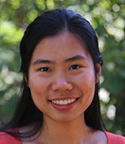
Jingxun Chen (Ünal lab) received the 2018 Teaching Effectiveness Award, which is designed to recognize outstanding GSIs who have identified particular teaching problems or issues in their own classes, sections, or laboratories and have developed, implemented, and assessed an appropriate and effective response to the problem or issue.
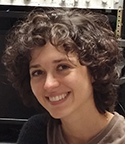
Liliya Gabelev (Lishko lab) was awarded a Male Contraceptive Initiative (MCI) Fellowship. Gabelev is the first MCB student to receive this fellowship, which offers funding for 2 years for her research work on male fertility and contraception.
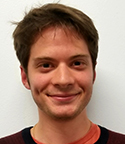
Jay Goodman (Ünal lab) received an NIH Ruth L. Kirschstein Predoctoral Individual National Research Service Award (F31), that provides funding for 3 years. Goodman’s project is to study how age-induced damage is sequestered and destroyed in gametogenesis.
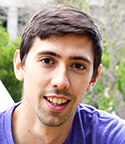
Dan Kramer (Bateup lab) received the 2018 ASCB ‘Science Sandbox’ Public Engagement Grant, for his program to bring in-depth science to local elementary schools.
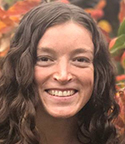
Rosalie Lawrence (Zoncu lab) received the Cancer Research Coordinating Committee (CRCC) Fellowship, which awards her funding for a year. Her research title is: “Investigating mechanisms of Rag GTPase control of mTORC1 signaling in space and time.”
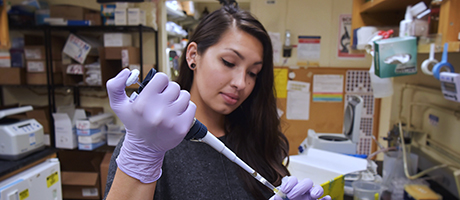 |
Kurtresha Worden (Saijo lab) received the HHMI Gilliam Fellowship, designed to support students aspiring become academic leaders from groups who are underrepresented in science. She will receive an annual student stipend for up to three years, and will help to build a strong community of scientists who are committed to advancing diversity and inclusion.
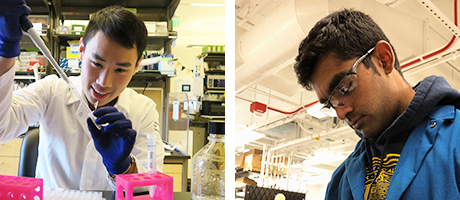 |
Michael Ly (left) and Kersh Thevasundaram (right) |
Michael Ly (Glaunsinger lab) and Kersh Thevasundaram (M. Chang lab) each received a Natural Sciences and Engineering Research Council of Canada (NSERC) Postgraduate Scholarship (for their doctoral program). Ly’s proposed research is on investigating the alterations in the host tRNA landscape during viral infection. Thevasundaram will investigate translational regulation in archaea.

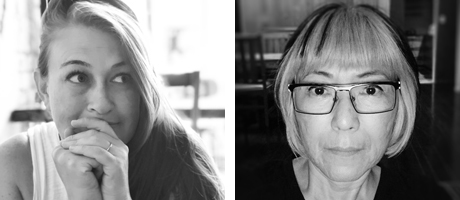 |
Alison Killilea (left) and Hitomi Asahara (right) |
Alison Killilea and Hitomi Asahara were recently recognized for their contributions to the University with campus staff awards. Both scientists are directors of MCB research facilities and have found creative, innovative ways to improve or enhance their facilities. In turn, their work will help other UC Berkeley scientists perform their research more efficiently.
Read more about their work here.

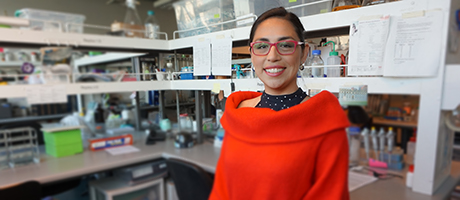 |
Francesca Burgos (Bustamante lab) was named a 2018 Pew Latin American Fellow in the Biological Sciences, a program that provides support for young scientists from Latin America to receive postdoctoral training in the United States. Her research examines the three-dimensional folding patterns of RNA molecules during their synthesis.
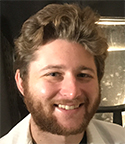
Michael Abrams (King and Harland labs) was awarded a 2018-2021 Miller Research Fellowship. His research aim is to tackle the questions in the early branching metazoan lineage (jellyfish) where he is trying to demystify the ancient origins of sleep. The upside-down jellyfish, Cassiopea xamachana, displays a sleep-like state making it an attractive system for better understanding how evolutionarily the sleep-like state is controlled, the role of sleep in an animal without a brain, and the extent to which sleep affects self-repair.
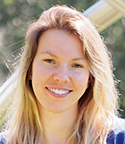
Polina Kosillo (Bateup lab) received a NARSAD Young Investigator Grant from the Brain & Behavior Research Foundation. Kosillo studies the impact of dopamine dysfunction on mental disorders, such as ADHD and anxiety disorders.
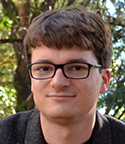
Nicolas Pégard (Adesnik lab) received a Burroughs Wellcome Fund Career Award at the Scientific Interface (CASI). The award recognizes scientific excellence and innovation, depth and quality of training, and the potential to establish an independent research career. The CASI will fund his advanced postdoctoral training at MCB, where he currently works on methods for 3D in vivo holographic optogenetic photostimulation and optical tracking of neural activity, and his transition into a faculty position.

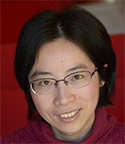
BBS: Qingqing Wang (Rio lab) has developed and applied a novel bioinformatics algorithm to analyze and quantitate alternative pre-mRNA splicing patterns from RNA-seq data in cancer and neurodegenerative disease.
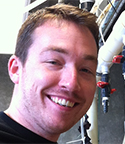
CDB: Christopher Brownlee (Heald lab) discovered a fundamental mechanism in cell biology that scales the size of subcellular structures to cell size during frog embryogenesis and also in cultured human cells.
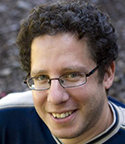
IMP: Assaf Marcus (Raulet lab) discovered a key tumor immune surveillance mechanism, by showing that the cytosolic DNA sensor cGAS, active in tumor cells, initiates a STING-dependent response in immune cells, that ultimately triggers natural killer cells to attack tumors.
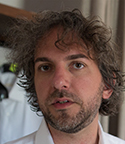
GGD: Lorenzo Costantino (Koshland lab) studies how gene expression directly leads to genome instability through the formation of unusual hybrids between messenger RNA and homologous genomic loci.
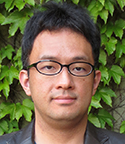
NEU: Tsukasa Kamigaki (Dan lab) studies the microcircuits in the prefrontal cortex underlying working memory, a key component of cognition.





